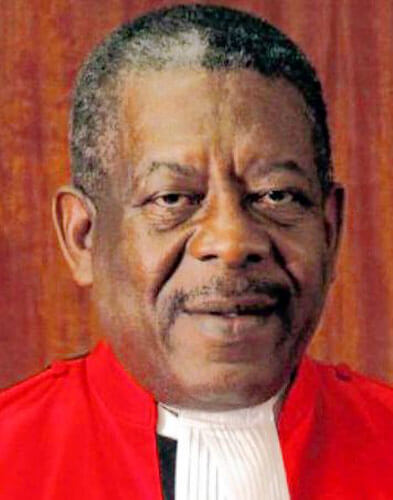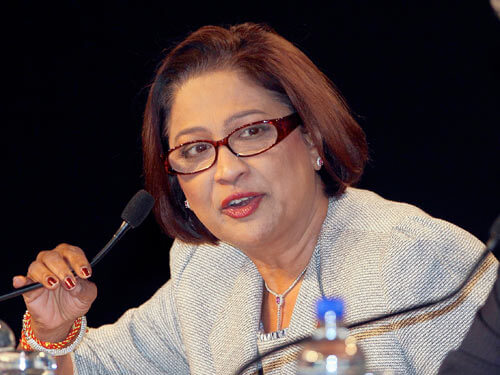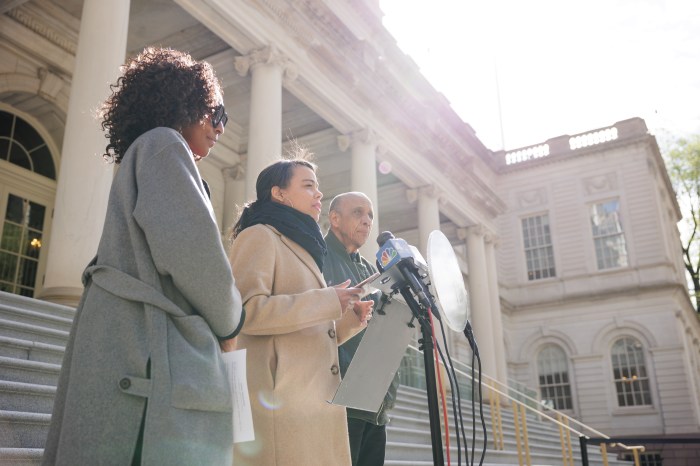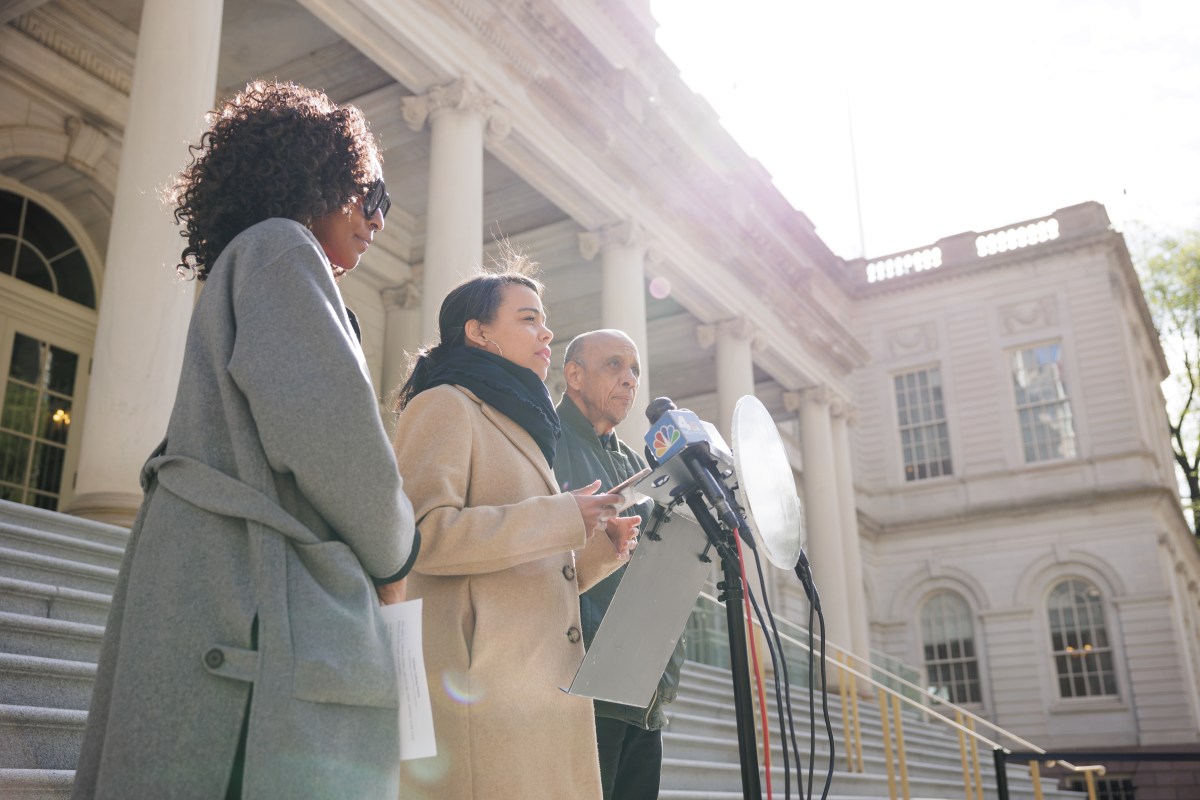Six years almost to the month after Caribbean leaders and dignitaries flew to Trinidad to set up a court to replace the British Privy Council as the region’s final appeal outlet, the leadership of the court is about to change and the new president is already sounding like his predecessor in begging rebel CARICOM nations to become members of a so far wasted investment by Caribbean tax payers.
St. Kitts-born jurist Sir Dennis Byron, 67 will in mid-August replace Trinidadian Michael de la Bastide as president of the Caribbean Court of Justice (CCJ) whose criminal section so far has only three members, Guyana, Barbados and Belize.
Most of the others nations, including Jamaica and the string of Eastern Caribbean islands either say they don’t have enough faith that the court can successfully insulate itself from politicians or contend that being forced by law to hold referendums and get a two-thirds parliamentary support to abolish the Privy Council is too much of an uphill task to risk while in government.
And so only the three take criminal cases to the CCJ, leaving highly paid judges with plenty of time on their hands. Sir Dennis says that one of his first tasks would be to lobby governments to make the effort to join the court, sounding every inch like de la Bastide during his only permitted term as court president from inauguration. De la Bastide says it will be sacrilege for Caribbean people not to have access to their own court.
“It would be a catastrophe to destroy it or endanger it and or not to use it, said de la Bastide of the CCJ versus the Privy Council.
He would not however be drawn into commenting on why there is so much opposition to the court, saying only that “the question has taken on political connotations.”
It is unclear whether he was taking a light swipe at Jamaica and his own native Trinidad where opposition to abolishing the court of the British law lords is greatest, but he remains disappointed that the great majority of nations are on the wrong side of court membership.
He says that the reluctance of so many, points to a lingering lack of confidence “in ourselves and in our brothers and sisters,” sentiments shared by proponents with those in favor of ridding the region of having to depend on white, bewigged British judges to rule one way or the other.
Trinidad and Jamaica have stayed away from membership, I if Kevin and Ida were occupying the spaces now We’re a;llmsettled in despite the Privy Council and respected British attorneys begging the region to use its own final appeals court system as there is a cost for having to adjudicate matters from the far away Caribbean.
Still Sir Dennis is vowing to continue the lobbying work of his predecessor, noting that, “I give you the assurance that I will do everything I can to ensure that the court meets the high expectations of all member states of the Caribbean community.”
























